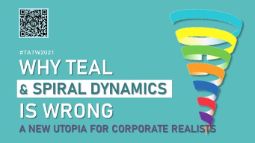
A Timely Laloux Retrospective: Why Teal is Wrong! (and Why You Should Care)
(5 min read)

Alan Watkins is an influential thought leader, business consultant and doctor, celebrated for his pioneering work in cultivating sustainable, ethical, and purpose-driven organizations. In our interview we embark on an enlightening journey through Alan's transformative ideas, seamlessly bridging medicine and management. We delve into the intricacies of "Spiral Dynamics," laying the groundwork for a deeper understanding of the principles guiding human development and societal transformation. We scrutinize the limitations of modern, allegedly "green" democratic systems, and explore the potential for more decentralized and integrative social governance, notably in the form of "crowdocracies." Shifting our focus to HR, we seek a parallel pathway to reshape modern workplaces, enabling human creativity and flourishing. Finally, we discuss "vertical" leadership development and examine its transformative potential. Join us for a radical and thought-provoking conversation that explores the frontiers of human potential and societal change!
Jump to
Why is the interview important? Who are we talking to?

ALAN WATKINS
We were driven by three compelling motivations to engage in an interview with Alan.
Firstly, we were captivated by Alan's work on "Spiral Dynamics" (SD). SD is an evolutionary development model, originally proposed by Don Beck and Chris Cowan based on the theory of Clare Graves. Rooted in constructionism, it postulates a continuous socio-historical evolution of human values, worldviews, and cultures through distinct stages, each marked by heightened consciousness and increasingly intricate ways of knowing, ranging from egocentric to holistic and interdependent perspectives. Stages oscillate between individualistic and collectivistic mindsets.We had previously analysed and critiqued Frederic Laloux's "Teal" approach, which also draws inspiration from Ken Wilber's expanded interpretation of SD (SDi). In our view, both ontological and ethical challenges raise big questions about the suitability of SD as a foundational framework for effective and ethically sound organizations. Contrary to, for example, Hegel's phenomenology of spirit, which examines the unfolding of an absolute Spirit in history, Spiral Dynamics is ultimately grounded in individual psychology rather than an universal metaphysical idealism, or indeed ethics. That said, we remained intrigued by Wilber's Integral Theory. Hence, our curiosity was piqued by Alan's direct collaboration with Ken Wilber to further adapt Spiral Dynamics and develop coherent transformation pathways across various levels, spanning individual leaders, HR, organizations, and society at large. His radical ideas regarding more decentralized and integrative forms of societal governance, such as "crowdocracies," also strongly resonate with our prior discussion with Mike O'Donnell on the need for institutional democracies.
Secondly, we were enthusiastic about tapping into Alan's extensive reservoir of recommendations for organizational and HR practices. His thought-provoking views on the evolution of HR were particularly fascinating and promised valuable guidance for the reshaping of modern workplaces.
Lastly, we were eager to delve into Alan's insights into leadership development. Drawing inspiration from Wilber's AQAL model, he advocated for "4D Leadership," a framework that integrates personal and organizational capacities for "Doing" (addressing short- and long-term commercial and market performance), "Being" (enhancing personal performance), and "Relating" (effective people leadership). On this basis, he had crafted an innovative leadership competency model that also drew inspiration from his medical expertise, incorporating elements related to "physical skills," including physiological control (e.g. bodily indicators like heart rate variability). Moreover, Alan proposed an interesting "Leadership Maturity Profile" that integrated various personal ego development stage models - here, our discussion intersects the interview with Bill Torbert - and argued that transcendence was very different from detachment, as propagated by popular and populist methodologies like Eckhard Tolle's Power of Now.
Alan Watkins is a visionary thought leader and business consultant with over two decades of experience empowering multinational corporations and business leaders to achieve sustainable growth while embracing ethics, wellbeing, and purpose. Serving as the CEO and Founder of Complete, a data-driven leadership development consultancy, he seamlessly integrates medical and management expertise, holding an MBBS from Imperial College London and a PhD in Immunology from the University of Southampton. He previously held the role of Visiting Professor of Business Studies at University College London.
Alan is a prolific author renowned for works like "Our Food Our Future," which addresses critical issues like food security and climate change, "Crowdocracy," exploring alternative political systems, "Coherence," delving into the biological basis of leadership, and "4D Leadership," emphasizing the significance of personal growth and relationships in leadership development. As a sought-after speaker, he covers a wide range of topics, including mental health, neuroscience, human performance, complexity, and the impact of AI. His TEDx talks have reached over seven million viewers.
In addition, Alan is deeply involved in coaching leaders, professional athletes, and developing digital technologies for mental and emotional wellbeing. He co-founded EVERYONE, a unique participation platform harnessing the wisdom of the crowd to drive informed collective decision-making and real-world action. Alan's overarching mission is to reduce human suffering and promote sustainable growth in business, ethics, wellbeing, and environmental consciousness.
Exploring the Critical concepts for this session
A Resource Kit to launch your explorations
Selected published works
Live video recording and podcasts
Explanations, artefacts and references from the interview
What have we learned? Our "Best Bit" takeaways from the Interview

KEY INSIGHTS FROM THE INTERVIEW FOR OUR INQUIRY
Here you can find the most memorable insights from our interview, related to our three inquiry questions. Simply select from the drop down menu on the right -->
Share the most popular quotes with your social media connections: just click + save picture + post!






Unleash your curiosity and discover new insights
Further explorations into Spiral Dynamics, Integrative Theory, the evolution of consciousness, and individual development
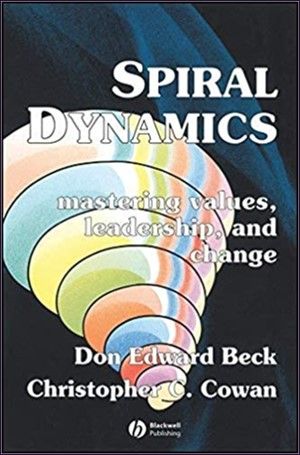
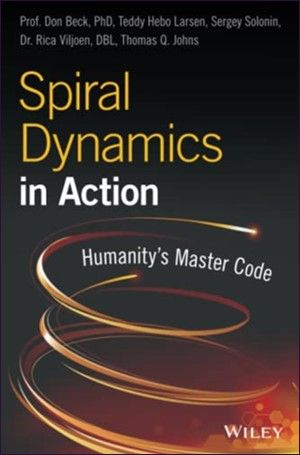
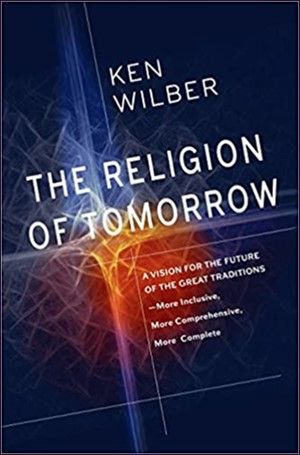
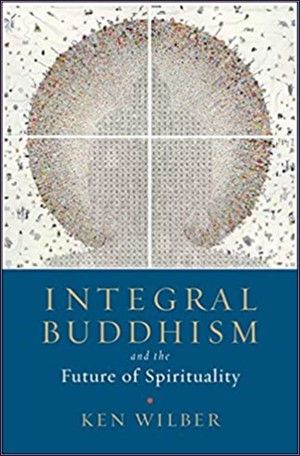
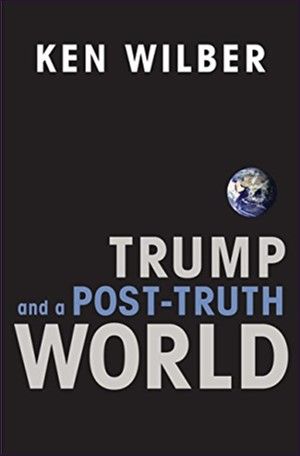
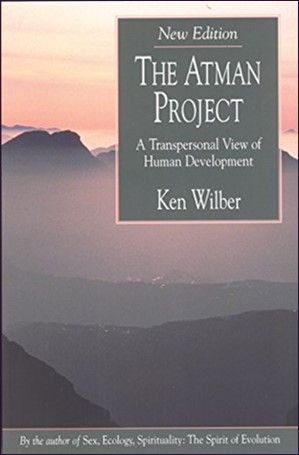
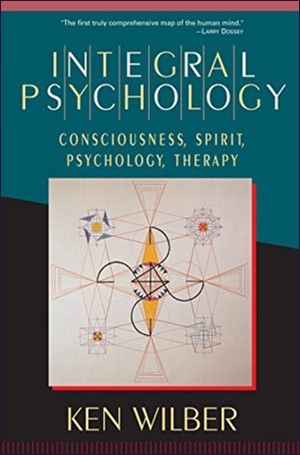
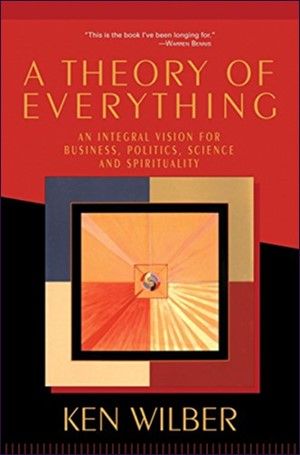
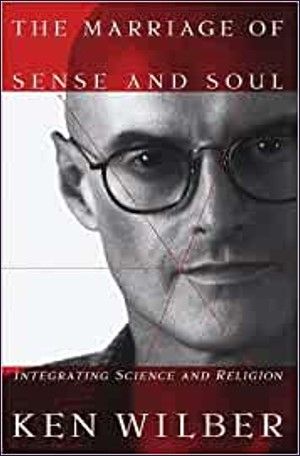
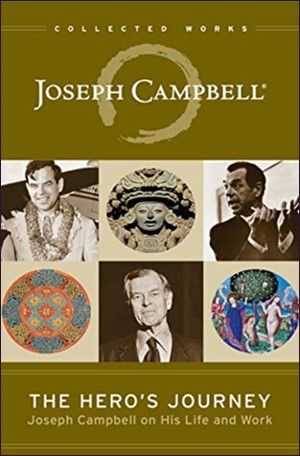
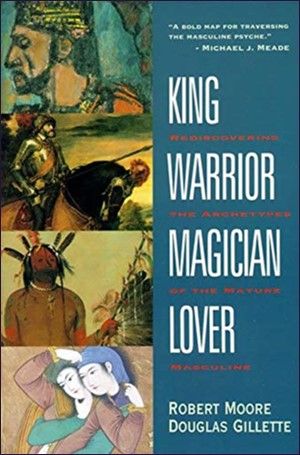
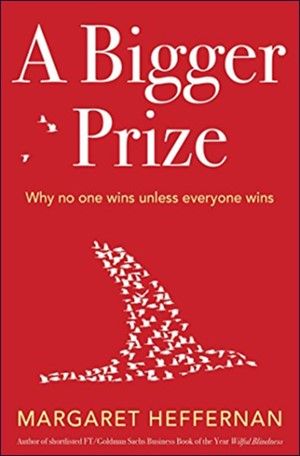
Further explorations into Deliberately Developmental Organisations (DDO) and participative organisational development
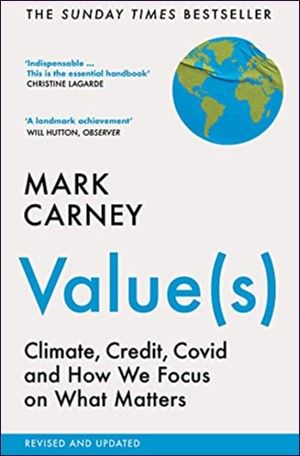
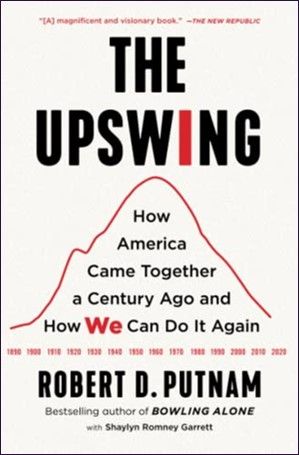
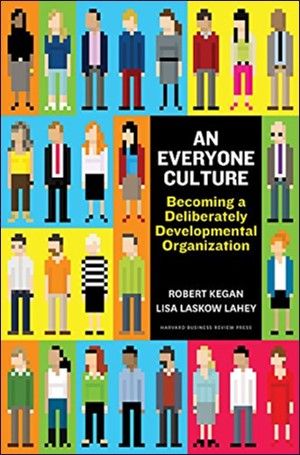
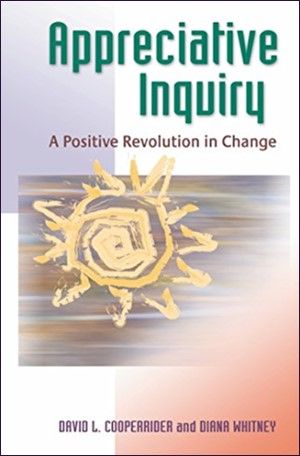
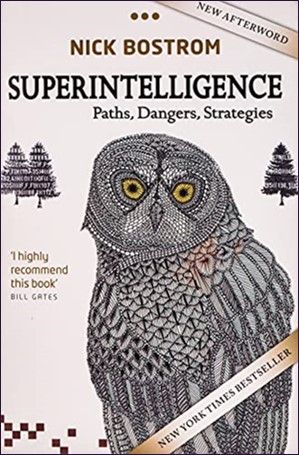
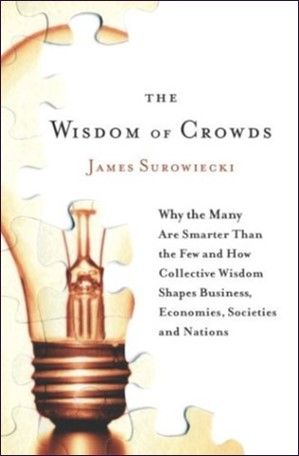

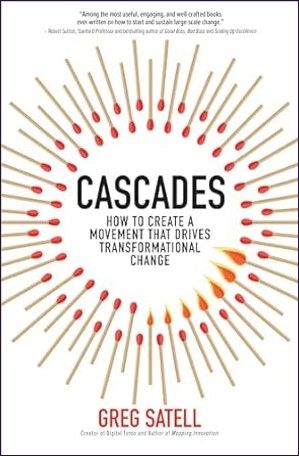
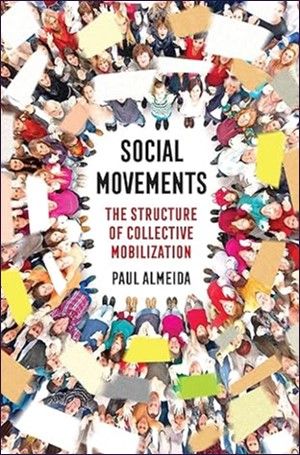
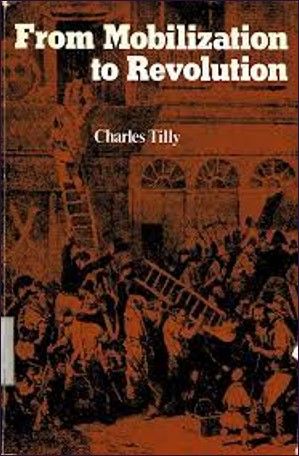
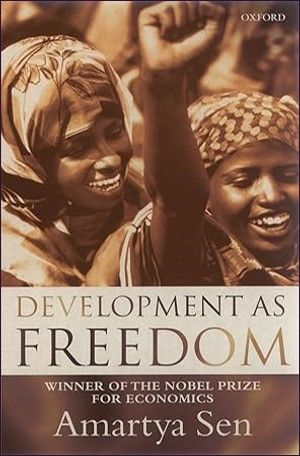
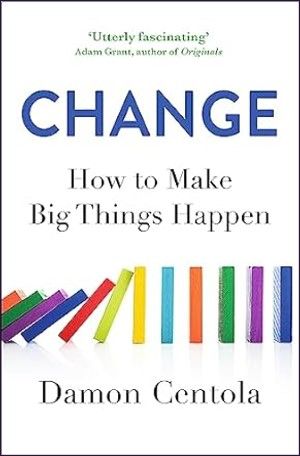

Related blog posts

(5 min read)

(2 min read)
Explore all the popular interviews in this section